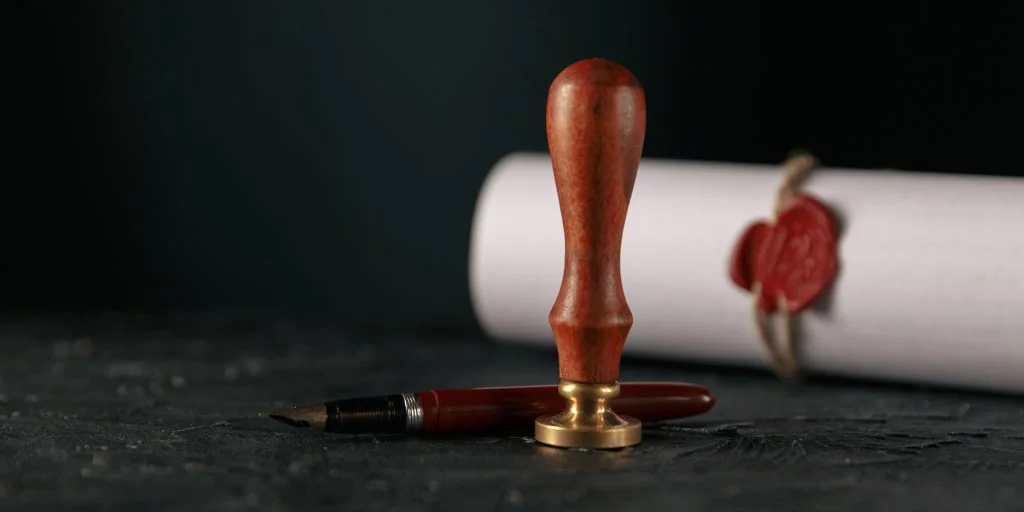Discussing what happens after someone passes away can be difficult at the best of times. Although we are seeing a move away from more traditional attitudes towards death it can still be a difficult topic to bring up. There are plenty of practical reasons for discussing what happens though. One of these is deciding what happens to your possessions and estate when you pass away. There are plenty of legal aspects to bear in mind and getting these practical considerations figured out sooner rather than later can be a big help.
Probate is one of those things that you may have heard of that could potentially cause you and your family stress. Perhaps one of the best ways to approach Probate is to be prepared. This can help take the stress away from your loved ones and allow them space to cope with their feelings.
What is Probate?
Probably the best place to start with Probate is to look at a definition. Probate is the legal process of dealing with someone’s property, money and possessions after they have died. These things are known as a person’s estate. In order for a person to do this, they will have to get what’s known as a ‘grant of representation’. This legally allows a person to administer someone’s estate. Going about getting this can go one of two ways depending on if the person has left a Will.
If the person who has passed away has left a Will, then the executor of the Will can apply for a grant of Probate. In the case that a Will hasn’t been left, the next of kin must apply for the grant of letters of administration. The process in both of these cases is broadly known as Probate. In the UK and Wales, this process is the same, however it’s slightly different for Scotland and Northern Ireland but you can find information on those differences on their respective websites.
Is everyone required to go through Probate?
Probate is not necessary for every situation. For example, it’s not necessary for situations where there was joint ownership. So, if it is the case that if the surviving person jointly owned property, shares, interests or accounts then sole ownership would all pass to them. If you’re unsure about whether or not you need to go through the process of Probate you can get in contact with HMRC.
What is involved in the Probate process?
With the Probate process, you have two options. You can either choose to go with a professional that can act on your behalf, or you can administer it yourself. If you want to hire a professional, you can find links to directories of probate professionals at the following websites:
- For England and Wales on the Law Society of England and Wales
- For Scotland on the Law Society of Scotland
- For Northern Ireland on the Law Society of Northern Ireland
While it could be cheaper to administer yourself, it could potentially make things easier if you hire a professional. Whether or not you decide to go with a professional will ultimately depend on how complex the estate is.
If you decide to administer the estate yourself, you will need to organise the grant of representation that has been mentioned above. Before you decide to do this make sure you are fully informed on all aspects of this process. It is entirely possible to manage yourself, but it can get complicated depending on the estate. This complexity can be as a result of the amount of property you own, how much money you have in things like banks or shares and other possessions that make up the bulk of your estate. Managing each of these by yourself without the prior experience can make things difficult.
How long does Probate take?
How long the Probate process takes will ultimately depend on how long it takes to get the grant of representation sorted out. As long as there aren’t any complications it usually takes 4-8 weeks after you’ve put in your application. From there it’s about dividing up the assets and processing any insurance claims or sale of assets. If it’s the case that the deceased had most of their assets in the form of bank accounts, it will be quicker to process the estate.
What are some of the costs involved with Probate?
The cost of Probate will depend on how big the estate is. It will also depend on if you decide to go through a Probate specialist. The Probate application fee for an estate valued over £5,000 is £215. If the estate is valued under £5,000 then there is no application fee. Copies of the Probate may need to be sent to different organisations so in order to get multiple copies it will cost £1.50 per copy.
Planning can make the difference
Death can be challenging to face no matter how prepared you are. It can be a time of high stress and emotion. The choice of whether to have probate handled professionally or by your loved ones is up to you. One of the most important aspects is to start thinking about it now. Planning ahead and making these decisions sooner rather than later can make things easier for the ones you care about most. At British Seniors, with our Over 50s Life Insurance, we can help you plan ahead and help guide you through the process of helping your loved ones when the time comes. Our Over 50 Life Insurance can help you provide financial support for your family with some of the end-of-life costs. It only takes a few minutes to get a policy set up and our UK based agents are there to help you get a policy that suits your needs.

